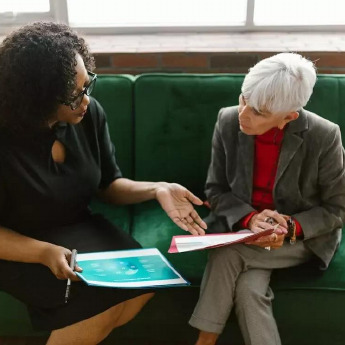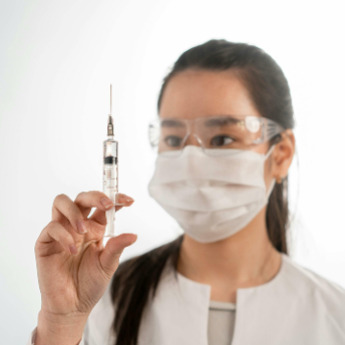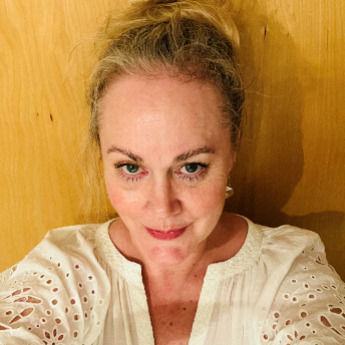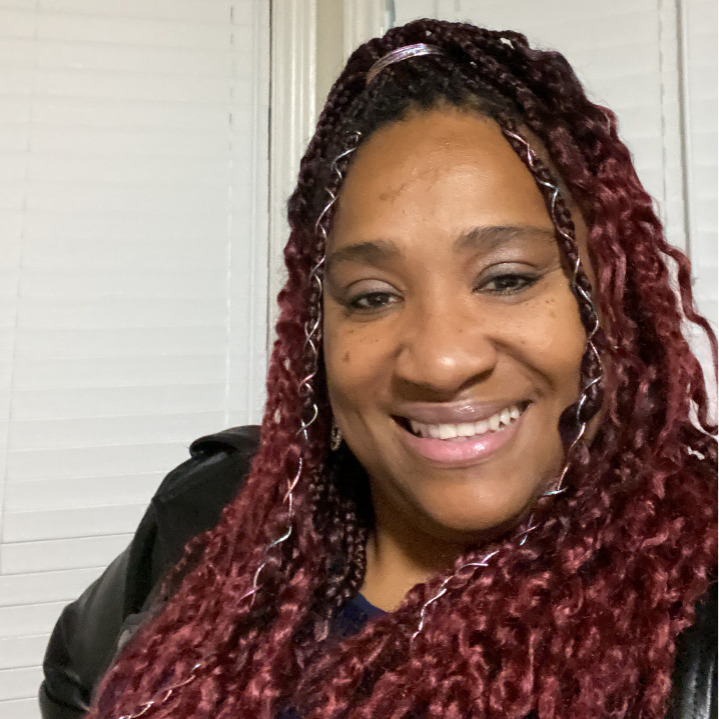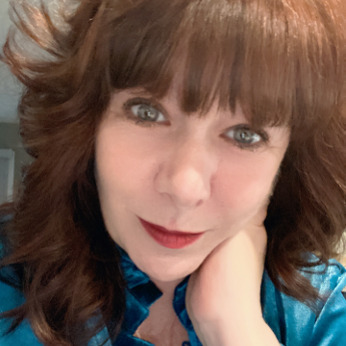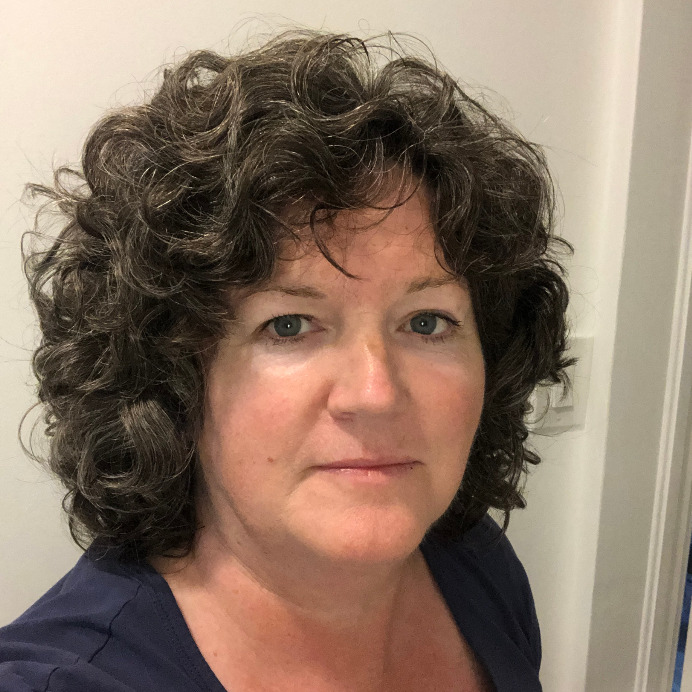By continuing to use our site, you consent to the processing of cookies, user data (location information, type and version of the OS, the type and version of the browser, the type of device and the resolution of its screen, the source of where the user came from, from which site or for what advertisement, language OS and Browser, which pages are opened and to which buttons the user presses, ip-address) for the purpose of site functioning, retargeting and statistical surveys and reviews. If you do not want your data to be processed, please leave the site.
The Voice of People With Breast Cancer
Education
Our Voices Blog
Tag : breast cancer
Decoding Life and Health Insurance Policies: A Simple Guide
When diagnosed with breast cancer, having a life and health insurance policy can be an important tool to help you offset the financial toll it can take on your life. But these policies can be confusing. Unless you work in the sector, all the industry-specific language, details, and different clauses and subclauses might sound like a foreign language. This guide will help you make sense of your insurance policy.
The Invisible Stage of Breast Cancer
I struggle with the word “survivor”. Maybe it’s because I still don’t really feel like a survivor, six years post diagnosis. The word “survivor” implies I’ve 'made it through.' Six years later, however, I feel like I am still in it. I feel tremendous guilt that I don’t feel like a survivor, when many before me (my mom and brother included) would have given anything to be in my privileged position of surviving. Please don't misunderstand —I am filled with gratitude and take note every single day, even when completing the most disliked tasks. I am grateful because I know that if I were sick, I would give anything to do this task again.
Breast Cancer is Not a Brand. Know what to ask before you buy
And yet, somehow, each October, breast cancer morphs into being more than a life-taking disease. It becomes a metaphorically branded pink train that clothing, makeup, skincare, jewellery, appliances, hotels, restaurants, fast food chains, and even oil and gas drill bit companies jump onto, brandishing the small pink ribbon as a statement of support.
Understanding Demographics and Why They Matter in Healthcare
Demography refers to the social, cultural, and personal characteristics that make up an individual. Currently, the scope of demographic health data in Canada is often limited to age and sex. This limited data means that many crucial details—such as income, race, or other social elements—are not being collected.
Otherwise Grossly Unremarkable
The room shrunk and all that existed in the world was this radiologist and the screen she remained hyper-focused on. There was near silence in the room as she examined the dense breast tissue from every conceivable angle. Next, she went over and around my fully inverted nipple and through every conceivable angle, and over all the flesh of my breast under my nipple as well. “I don’t like the density of this breast at all,” she finally revealed.
Living Well With Metastatic Breast Cancer
October 13 is Metastatic Breast Cancer Awareness Day. As of 2020, approximately 168,000 women in the U.S. were living with metastatic breast cancer (mBC), which is a projected 31% increase from 2010. This type of cancer, also called stage IV or advanced breast cancer, means it has metastasized, or spread, to other areas in the body such as the liver, lungs, brain, or bones.
What I’ve Learned About Breast Cancer Vaccines
Breast cancer vaccines are a buzzy topic that’s seemingly everywhere lately—from ongoing news stories about cancer research to Reddit threads and personalized Instagram posts. But what I’m most interested in knowing is if these vaccines are truly the “golden goose” every woman like me, who is dealing with a breast cancer diagnosis or the aftermath of one, is looking for: can these vaccines truly alleviate my fear by ensuring zero recurrences? To find out, I did a deep dive into the latest information and here’s what I learned.
One Woman’s Mission to Transform Breast Cancer Care in Canada
In 2017, Dawn received her own life-changing diagnosis: triple-negative breast cancer (TNBC), an aggressive form of breast cancer. When diagnosed with this type of breast cancer, the message of hope is often lost amidst the urgency of treating an aggressive form of cancer. Being told things like, “survival rate is low, recurrence is high”, “it’s harder to treat", "chemotherapy regimen is very aggressive”, “the side effects are quite harsh”, “typically, the cancer may return in the first 5 years following treatment” can leave a person feeling helpless.
What Canadian Oncology Experts are Recommending to Improve Access to New Cancer Treatments
The world of cancer treatment is rapidly advancing. Scientists are discovering new ways to target cancers, making drugs more effective and more precise. But with these new advancements, comes a long process of approvals involving many steps to allow Canadians to access them. Not only do new drugs need to be approved for safety and efficacy by regulatory bodies like Health Canada and the Canadian Drug Agency, but then they also need to go through price negotiations between the drug manufacturers and the provinces . These negotiations set the cost that every province will pay to the drug company once the drug is added to public drug plans.
The Power of Community and the Strength of Support
Driven by a profound commitment to community service and making a meaningful impact, Chhavi is passionate about leveraging her skills and experience to support non-profit initiatives, especially those focused on breast cancer awareness and support. Her journey with hormone-positive stage II breast cancer in 2023 has profoundly shaped her heartfelt personal commitment to this cause.
Breaking Barriers in Triple Negative Breast Cancer Care
If you’ve been with us for a while or if you have Triple Negative Breast Cancer (TNBC) you know that this subtype is considered more aggressive and has fewer treatment options than other subtypes of breast cancer. By now, you’re also likely aware of the risks associated with TNBC. In 2023, we launched a report that identifies the educational, informational, and support needs of Canadians diagnosed with TNBC. Since then, we’ve dedicated significant time to raising awareness about its findings, including targeted advocacy for improvements in key issues affecting TNBC patients or those who are at elevated risk of developing TNBC.
It’s Hard to Find Hope When You Feel Stuck… But it’s Possible
I wasn’t feeling the hope. Not this morning. My pre-breakfast state of mind was consumed by a knot in my stomach, a persistent sense of anxiety and frustration, and the crappy reality that I really and truly don’t know what I’m doing with my life or what my future holds.
We All Have A Purpose
In December 2016, I was diagnosed with Stage III HER2-positive Invasive Ductal Carcinoma, two months after my 39th birthday. It was one of the scariest times of my life. It felt unreal at first and everything became a haze instantly. I never imagined I would hear those words and that they would be talking about me. The next thing I remember is the doctor telling me that they know exactly what to do, and that the survival rate was 88% and I should focus on that. To be honest, most of what she said that day sounded to me like jumbled up words. I allowed myself to cry on the day I was diagnosed but very early on, I decided to only focus on what life would be after cancer.
Finding Inclusive Resources for Your Unique Journey
We know that facing a breast cancer diagnosis is a daunting thing to experience. But for some, the challenges, fears, and uncertainty can be compounded by a lack of access to culturally competent care and tailored supportive resources that truly understand and address the unique needs of diverse community groups. We’ve compiled a non-exhaustive list of resources we know to be helpful and can provide much-needed assurance and support to culturally diverse communities, young women, those with high familial risk and LGBTQ+ individuals.
So Much More Than a Tattoo
Fourteen years ago, I got the news that I had cancer. It was in both breasts. My colleagues were there for me all the way. Then, after nine months, my treatment ended, and I went back to work as a family doctor, but things were different. I was fragile. I had a new body. I was living with a newly diagnosed BRCA gene mutation that put me at high risk of breast and ovarian cancer. I required a prophylactic hysterectomy and breast reconstruction, making choices that would impact me and my family. The psychological impact was massive.
Your Five Breast Cancer Screening Tools
Put your hand up if the thought of being screened for breast cancer never crossed your mind until you or your doctor found a lump in your breast or armpit? I’m literally holding my left arm up in the air right now, as I type this. Crazy isn’t it, that we don’t think to have the girls checked to make sure they’re healthy until something goes wrong or until someone we know has been diagnosed with breast cancer.
Tears and Laughter – My MBC Story part 3
My adrenaline now pumping, I knew what she was going to ask. I was already reaching into the back of a dark closet as the rep faintly suggested, “You wouldn’t happen to have…?” “Yes!” I replied excitedly. It was the Thursday before Easter and the cancer centre was closing for the four-day weekend, but I promised to scan the documents and email them to the rep before her return on Tuesday. My initial consultation with the lead oncologist was scheduled for the following Friday and there was no time to lose. “Let’s get this show on the road!” I rallied.
Navigating the Stop Signs: A Story of Genetic Testing
My mother was diagnosed with triple negative breast cancer at the age of 30, both of which are strong indicators of a genetic mutation. My mother was quick to expose my sisters and me to the danger we may face in young adulthood following her diagnosis.
Embracing a New Normal Through Strength and Hope
My cancer journey began when I noticed my right breast leaking. I honestly chalked it up to a hormone imbalance and thought nothing of it until six months later, when the leaking had not subsided, and my breast had become very itchy. During this time, I had also noticed how tired and fatigued I was every day. I found myself napping a lot and needing that nap to just make it through the day. I decided that I better make a doctor’s appointment to see what was going on with my body.
Why Stopping Cancer Treatment Can Be About Living, Not Dying
Firstly, I want to say that I am not sharing my story to encourage anyone to quit treatment. Please don’t! This is risky. I’m really rolling the dice here. I am choosing my quality of life over longevity. That’s not for everyone. I had been unable to tolerate any of the aromatase inhibitors (AI; a type of hormonal therapy used to lower estrogen levels to slow or stop cancer growth), so I felt I had little choice but to pursue other options.

